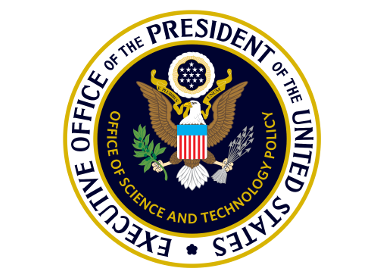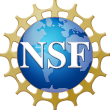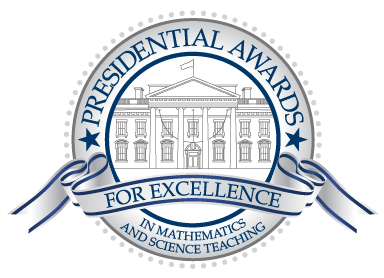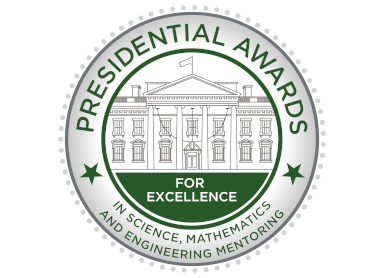Will Johnston
Orono, ME | 7-12, Mathematics, 2000
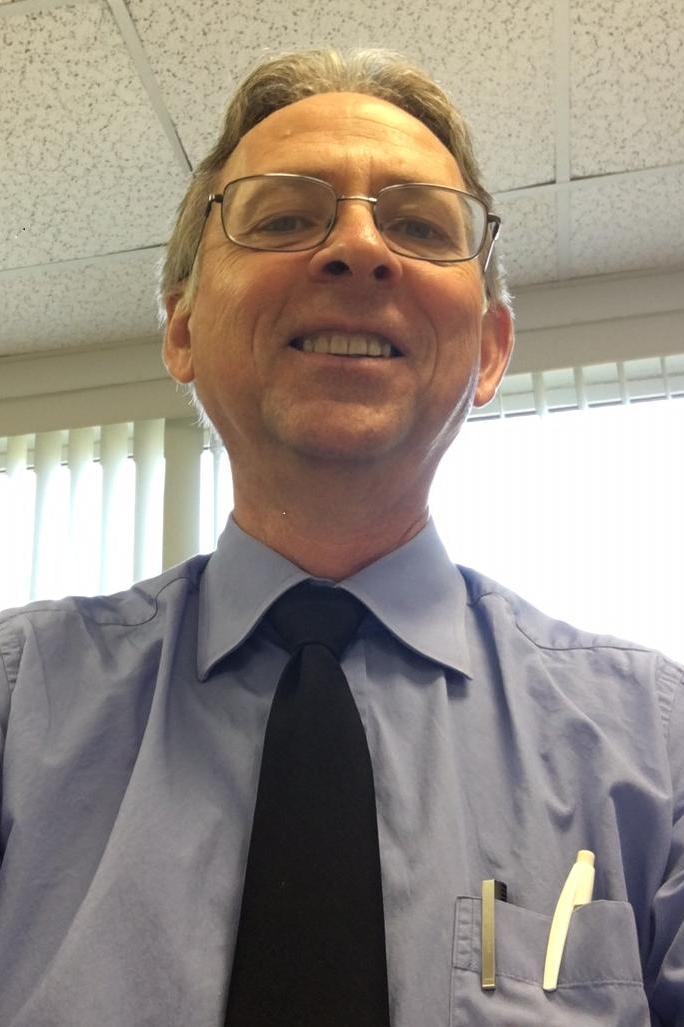
What motivates you to contribute to excellence in STEM teaching?
I want to see students succeed and society improve. STEM learning contributes to individual success and having STEM knowledge and skills expands options for students. Our society depends on STEM so we need STEM-skilled citizens. I am interested in the intersection of science and mathematics content and how students learn content and skills. Pursuing this interest naturally leads to interest in how to improve learning through better teaching.
What has been the most transformative moment that affirmed your impact on STEM education?
Transformation rarely happens in a moment. During three years of coaching, teachers at a small school gained confidence and skills in mathematics content and pedagogy. More importantly, they came to recognize the different abilities of their students and built on those abilities letting students know they were capable. The school went from the lowest state rating level to "fully accredited" and has maintained that level for ten years. Most of the teachers have stayed at that high-needs school, continue to grow their skills and knowledge, and support each other and their students. The positive impact of my coaching has continued longer after my work with these teachers and students.
Using your platform as a Presidential Awardee, how do you hope to advance our nation in STEM?
Being a Presidential Awardee gives me “teacher cred” when working with others in education and education policy. My varied career experiences have helped me look at ways to improve STEM learning from multiple perspectives. I can share my experiences with successful efforts with those looking to improve learning and they can adapt these ideas to their needs. I can also share these ideas with policy makers looking to incentivize or otherwise support activities shown to improve learning.
Biography
Will Tad Johnston has bachelor’s degrees in elementary education and in mathematics from the University of Dallas and a master’s degree in integrated mathematics and science education from the University of Maine. He has been involved in STEM education in a variety of ways. He taught mathematics or science for 17 years, taught methods courses at the undergraduate and graduate levels for three years, helped plan and served as staff on a five-year NSF-supported state-wide math and science education project, served three years as a district mathematics specialist, and was a state mathematics specialist for seven years and science specialist for two years. He spent the last 12 years of his career in technical assistance and research, providing content and instructional coaching for teachers and administrators in school turn around projects, serving as a content expert on math-learning projects, supporting NAEP development and U.S. participation in PISA and TIMSS testing, and leading standards analysis projects. Johnston was actively involved in his state mathematics association serving as a board member, president, and newsletter editor. He has presented at state, regional, national, and international conferences. He partnered with faculty of the University of Maine system to develop and deliver summer teacher learning institutes. He piloted an NSF funded high school math curriculum and hosted visitors in his classes for three years. While at the Maine Department of Education (MDOE) he led mathematics standards revisions and oversaw state assessments for mathematics and science. He received MDOE employee of the year for his work in designing the mathematical model for the state’s accountability system and developing the method for developing school reports.
High-resolution version of the teacher profile photograph
The views expressed in awardee profiles are those of the author and do not necessarily reflect the views of NSF or the PAEMST program.
